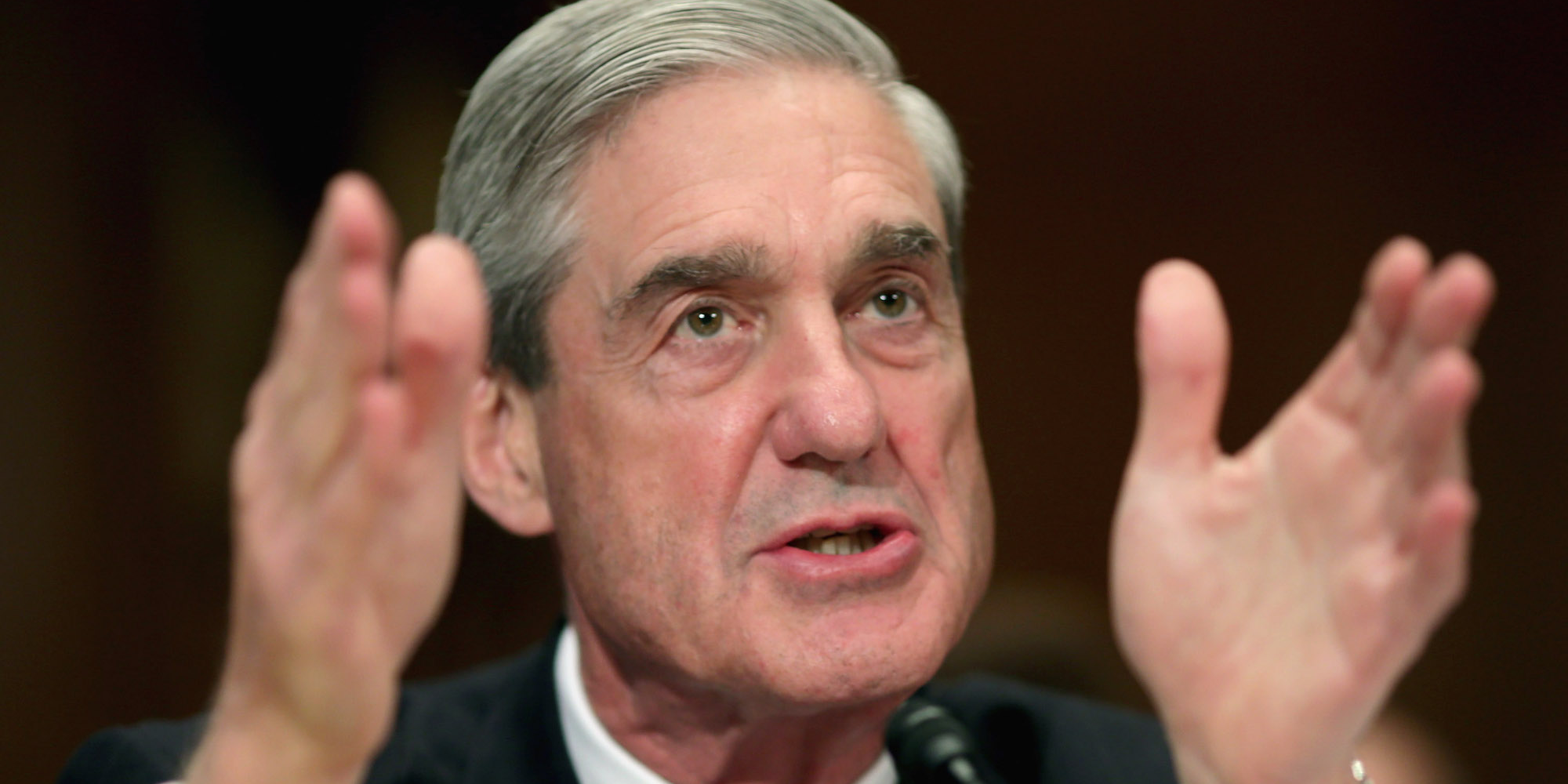- Robert Mueller’s office has released a new court filing that calls out what it says is inaccurate reporting on the Russia investigation.
- A footnote in the court filing said stories published by The New York Times and The Washington Post were inaccurate and irresponsible.
- The special counsel’s team has previously taken issue with reporting about its investigation.
Robert Mueller has attacked the news media, including The New York Times and The Washington Post, for reporting “inaccurately” on the Russia investigation.
The rebuke came in a court filing Thursday, which asked a judge to issue a 19-page questionnaire to potential jurors in the special counsel’s coming trial in Virginia against Paul Manafort.
Manafort, who’s in jail while awaiting trial, is the one-time Trump campaign chief who came under close scrutiny during the investigation into Russia’s interference in the 2016 election.
Mueller is preparing to face Manafort in a Virginia court on July 25 and wants to ensure that jurors aren’t biased by things they’ve read in the media before the trial begins.
In a footnote, the special counsel singled out two stories in The New York Times and The Washington Post last year, which indicated Mueller's office had conducted "no-knock" raids of Manafort's house.
Here it is:

The Times cited two anonymous sources "close to the investigation" to report that FBI agents had picked the lock on Manafort's door rather than announcing their presence before raiding his house.
Many other news outlets, including the BBC, Vox, and Business Insider, then cited the Times report on the no-knock warrant.
Mueller's office later denied carrying out no-knock raids, though until Thursday it had stopped short of attacking specific outlets over claims to the contrary.
The Thursday court filing said:
"The reporting, at times inaccurately, comments on the nature of the evidence collected in the case or activities of the parties.
"Furthermore, the amount of publicity about this case is only likely to grow as the trial date approaches, and such publicity increases the possibility that jurors will form biases or pre-formed opinions that may prejudice one or both parties."
It also called out reports that "question the legitimacy of the Special Counsel's investigation, tending to advance the opinion that the investigation is 'tainted' and therefore its results are suspect," and stories that "include disparaging descriptions of the defendant."
The filing cited a February Boston Herald story and a June Los Angeles Times opinion article to demonstrate those examples.

The court filing included a proposed 19-page questionnaire to understand potential jurors' possibility of having prejudices before trial.
Jurors typically receive a questionnaire when they arrive for service that asks them for basic information, prior experience, and pretrial knowledge of the case.
Below are some examples of questions Mueller's office wants to ask potential jurors:
- This case has received significant publicity in the media. Have you seen, read, or heard anything at all about this case in any form of media, including newspaper, television, radio, or internet? If yes, please explain (i) what you have seen, read, or heard, (ii) the source of that information, and (iii) when that occurred.
- Is there anything regarding the Special Counsel's Office that would prevent or hinder you in any way from rendering a fair and impartial verdict in this case based solely on the evidence presented and the Court's instructions on the law?
- Do you, any member of your immediate family, or any close personal friend have any connection to Ukraine?

Earlier this year Mueller's office warned reporters that "many stories about our investigation have been inaccurate" and called on them to "be very cautious about any source that claims to have knowledge about our investigation."
Manafort is a defendant in two separate cases from Mueller's office - one in Virginia and another in Washington, DC. The Virginia trial starts July 25, and the one in Washington is scheduled for September 17.

